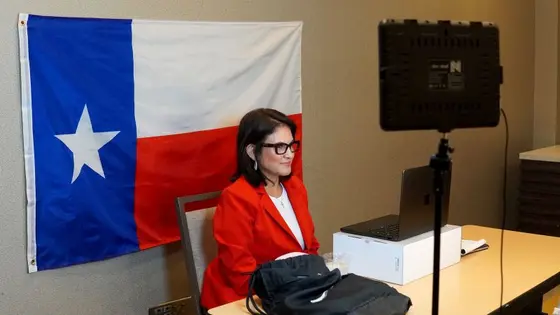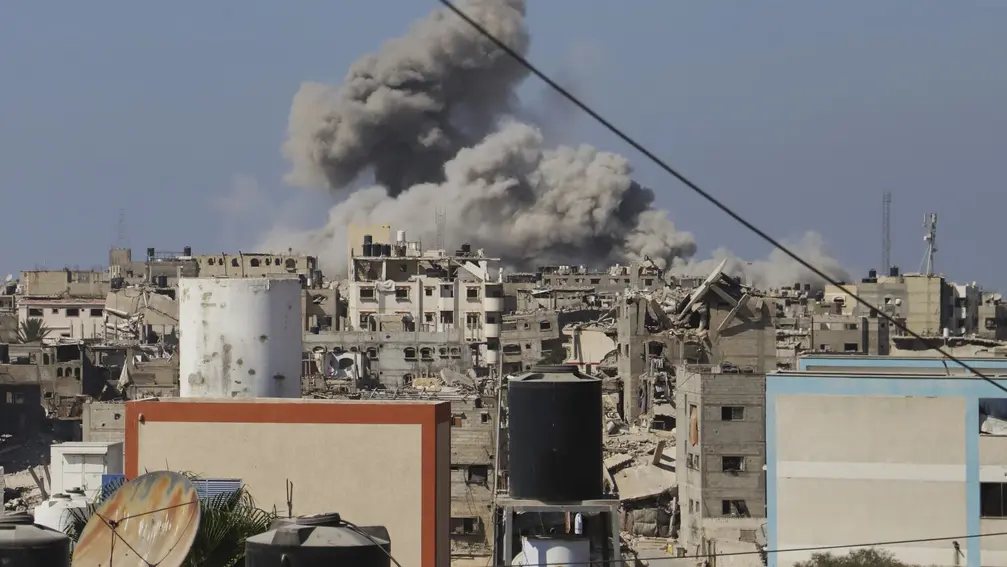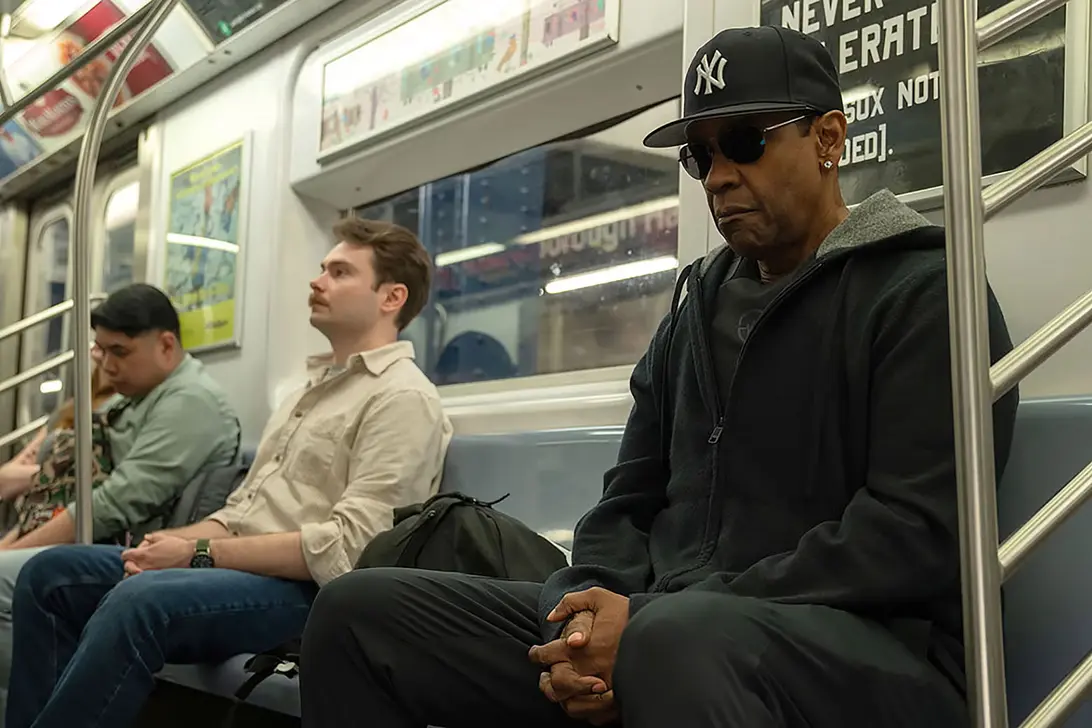T4K3.news
Caregivers confront end of life planning
A personal essay examines hospice care, family burden, and the need for better advance planning.

A personal essay questions how society handles end of life care and shows the pressure on families to plan ahead.
Planning a Better Death After Watching My Parents Go
An in home hospice caregiver recalls watching a father with a rare bone marrow cancer decline despite early signs of stability. He entered hospice a few weeks before death and was given about six weeks to live. The family helped with meds and meals while a nurse visited only weekly, leaving decisions about pain relief to relatives. The moment when pain and fear meet daily life stays with the writer as they consider what comes next for the person who cannot care for themselves.
Six years later the writer learns their mother has vascular dementia, a realization that reshapes how they think about care, planning, and who will help when health fails. The experience of caregiving in a home setting highlights how much remains uncertain even with professional support, and it raises questions about how much patients know about options such as stronger pain relief and hospice services. The piece uses a personal voice to explore the gap between medical plans and real life in the final years of a family.
Key Takeaways
"I want to die."
Father expresses a private wish during illness while receiving hospice care
"I'm a magazine editor"
Narrator reflects on their lack of medical knowledge while caregiving
"Just get a fentanyl patch"
Nurse suggests stronger pain relief as the situation worsens
"You just made me spit out my coffee"
Sister's humorous response to a grim moment
The piece drills into the quiet realities of end of life care. It shows how families absorb the weight of decisions when medical teams are not always present or clear about options. It also points to the gap between a doctor s plan and a home environment where pain, dignity, and autonomy can collide. The author uses personal scenes to urge clearer conversations about advance planning and the role of caregivers in shaping a patient s last days.
Beyond the family angle, the essay invites readers to consider how society talks about death and who carries the burden of care when resources stretch thin. It hints at the need for better guidance on when to escalate comfort measures, and it questions how to balance relief from suffering with the risks that come with stronger medicines in late life.
Highlights
- I want to die
- I'm a magazine editor
- Just get a gun and shoot me
- You just made me spit out my coffee
End of life care raises sensitive issues
The piece touches on hospice decisions, caregiver burdens, and questions about patient autonomy and pain management. It can spark debate about how families plan for death and how care is organized at home.
Planning ahead is not a luxury but a practical necessity for families facing late life
Enjoyed this? Let your friends know!
Related News

Texas Democrats press ahead with redistricting walkout

Ceasefire talks under pressure

Denzel Washington and Spike Lee reimagine a classic

Israeli minister confronts Palestinian detainee in prison clip

Caregiver Sets Boundaries With Adult Daughter After Illness

Exciting new shows and movies coming to Netflix in August 2025

Mother fights to save her daughter from mental illness

Astro Update for Cancer Virgo Sagittarius
